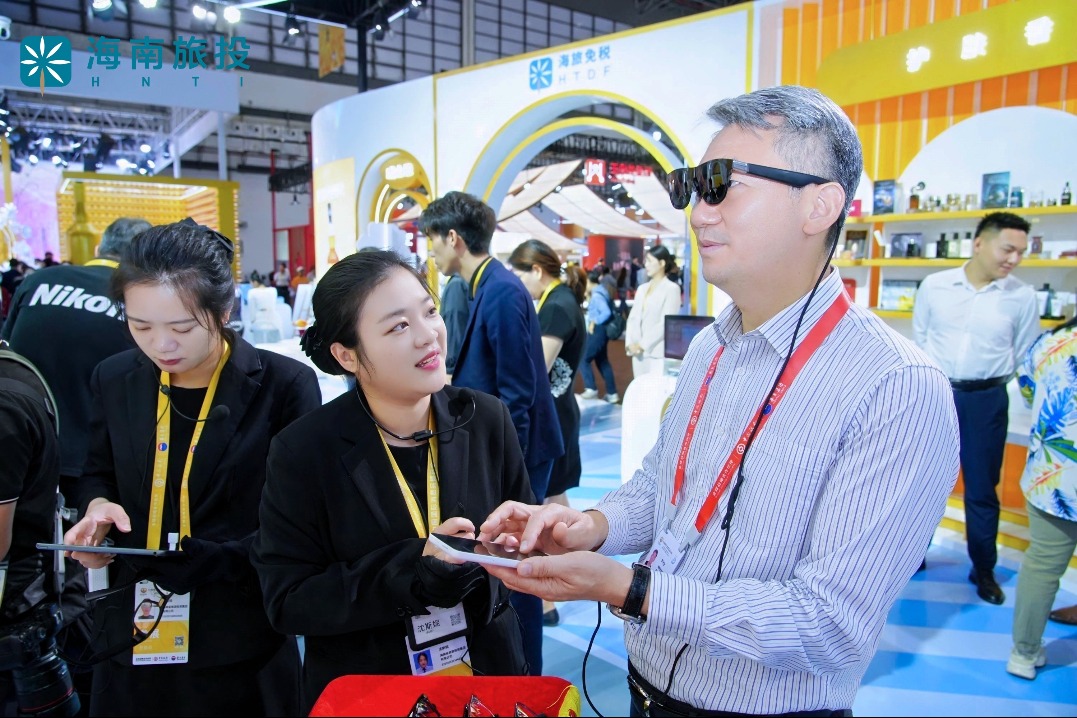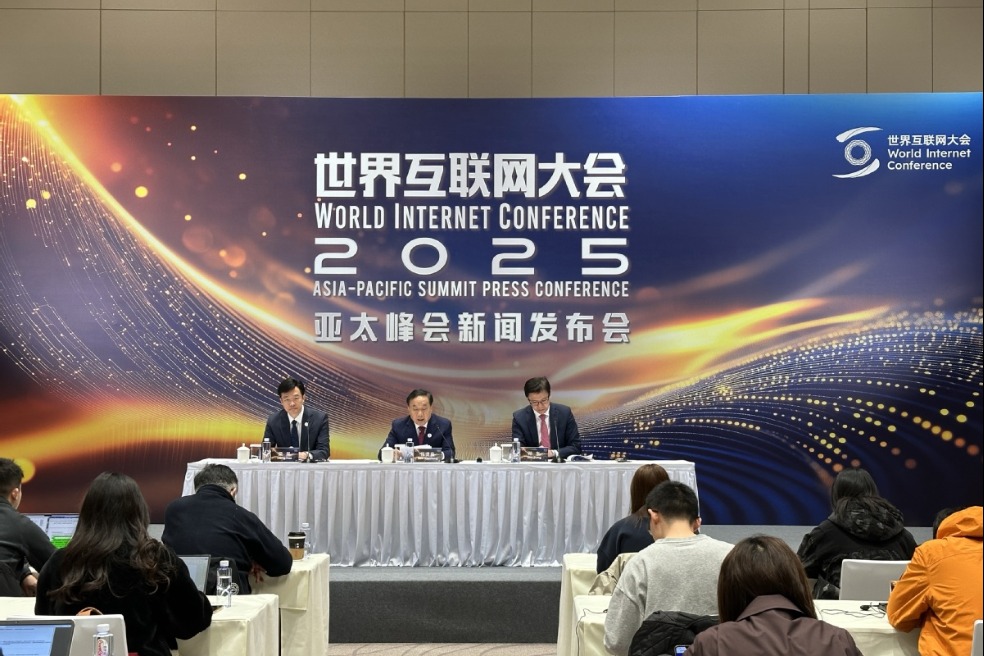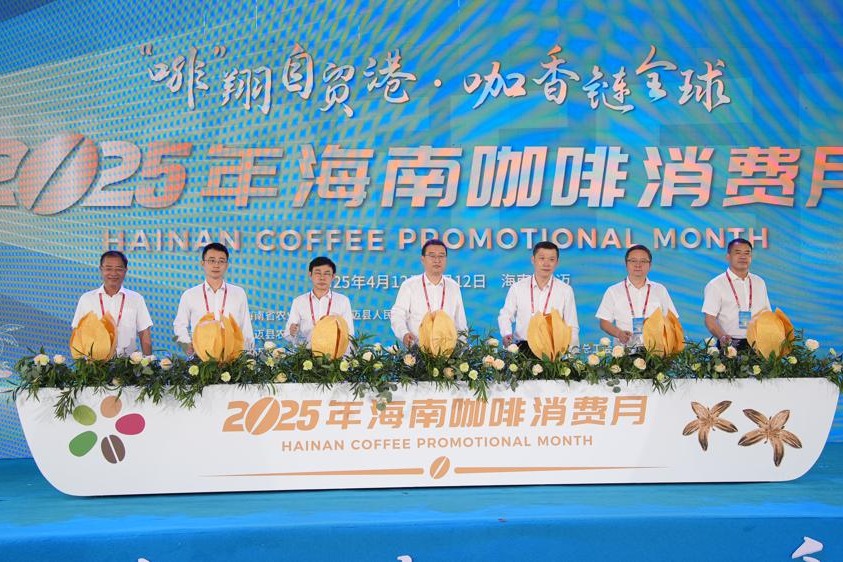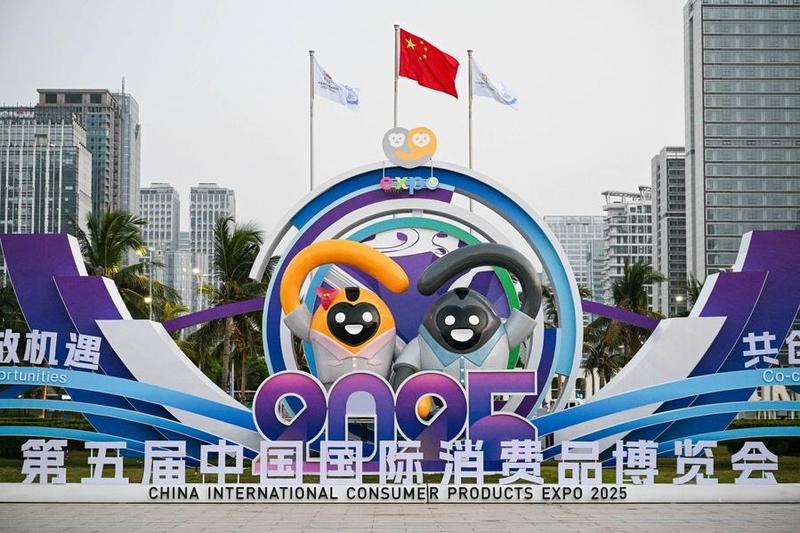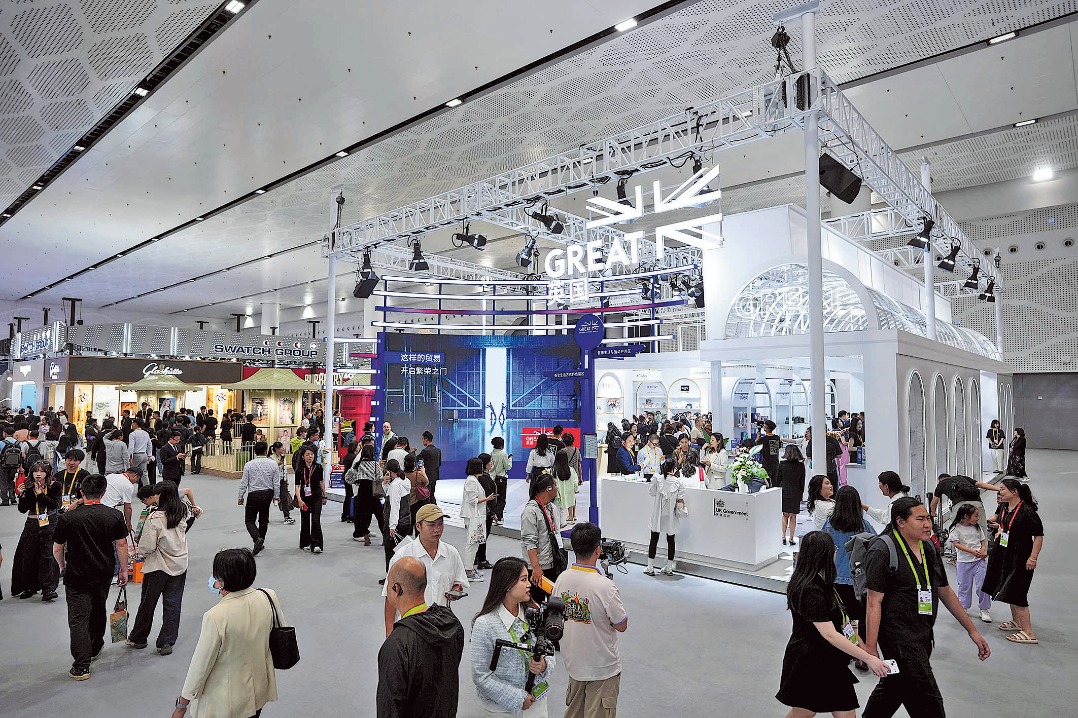China set to be car makers of tomorrow

SHANGHAI - Feng Jingwei walked to a Roewe e50 parked at the Hongqiao transport hub in Shanghai, after returning from a business trip.
He unplugged the charger from the white-green hatchback and hung it on the charging pile, before driving to his office 12 km away. It was the fourth time Feng had used the car in a month.
The ultra small plug-in car was a rental that Feng booked online, one of 220 EvCard electric vehicles (EVs) lined up at the Hongqiao hub, near a high-speed railway station and two airport terminals.
"I don't have to queue up for a taxi or jam myself into a subway coach," said Feng, 31, who runs a small business in one of China's most expensive cities. "I don't have a car, but it's getting easier to book one on an app and is usually cheaper than hailing a taxi."
Greener
Five minutes after Feng pulled out with the Roewe e50, a Chery EQ filled its parking slot.
Lu Liuxi got out of the minicar, connected the charger and scanned a sensor on the windshield with his smartphone before hearing a beep.
"It's available now," said Lu, an EvCard employee whose job is to move cars between parking stations as instructed by a dispatch center.
"Hongqiao is the busiest place among all EvCard stations in Shanghai, and we send cars here many times a day," said the veteran driver, who has been employed by EvCard for three months.
Launched in 2015 by Shanghai International Auto City (SIAC) Group, EvCard is China's first EV rental service, deploying 3,000 stations and about 6,000 cars in Shanghai. It also serves a further 23 Chinese cities.
The rate is 15 yuan for the first 30 minutes, with each minute a further 0.6 yuan in town, and 0.5 yuan out of town. The daily rent ceiling is 219 yuan for choices such as the Roewe e50 or Chery EQ. A BMW i3, a more upscale vehicle, costs more.
On Wednesday, the State Council announced efforts to develop the sharing economy, amid efforts to boost innovation and entrepreneurship.
Rong Wenwei, chair of the SIAC board, said that when the idea of EV rental first came to China, a number large vehicle rental firms were interested but dragged their feet due to uncertainty over profitability. The state-funded SIAC, however, had no such hesitation.
"In such a metropolis, each step to make the streets less choked and the air less polluted is worth taking," said Zhu Jing, who is in charge of the EvCard business unit.
The effort is paying off. EvCard now leads the world's green car rental service with the most EVs, self-service rental spots and membership clients, and is set to make a profit in Shanghai in 2018. By 2020, it plans to build a fleet of more than 300,000 cars to serve in 100 Chinese cities.
"It isn't impossible that cities like Shanghai will see car numbers drop," Zhu said.
His words were echoed by Zhu Xichan, professor at the School of Automotive Studies at Tongji University in Shanghai.
"The car has turned from a luxury to a household item in China. Limited resources and roads make car sharing the most convenient transport solution," he said.
"The idea of sharing, plus new energy vehicles, may well be an answer to private transportation while the number of cars can also be reduced," he said.
Recent statistics are encouraging. DriveNow, a car sharing service launched in 2011 in Germany, has pulled down private car use in Munich by 25 percent in past years, according to German reports.
While Los Angeles is estimated to remove 1,000 private vehicles off the road, a Paris-based firm is partnering with the Los Angeles Department of Transportation to supply 200 EVs and 100 chargers on various streets.
Better connected
"A total of 121,425 EVs have been registered in Shanghai, almost doubling the number 12 months ago," said Ding Xiaohua, deputy director of Shanghai's EV Public Data Collecting, Monitoring and Research Center (EvData), also affiliated to SIAC.
"All those EVs are being monitored here -- the entire EvCard fleet as well as all privately-owned and public ones like electric buses and sanitation vehicles," Ding said in front of a congested e-map of the downtown on a huge screen in an EvData monitoring room in Jiading, a municipal district where the SIAC is headquartered.
When the center was set up in 2012, he recalled, data came from only eight cars, all hand-recorded. Now the platform is the world's biggest in terms of database size, the number of involved automakers, models of cars and total mileage.
A car's location, speed, battery capacity, voltage and temperature can each renewed in just 30 seconds.
While big data can be used for driving behavioral studies and car performance evaluation, accidents can be alerted and prevented when certain parameters of cars go abnormal, Ding said.
China has an "obvious strategic vision" in EVs and clean energy transport, said Professor Roger Raufer of energy, resources and environment at the Hopkins-Nanjing Center.
"Although it is first driven by its own domestic needs for better air quality and fewer oil imports, China's sheer scale and global aspirations make it a tremendously formidable player on the international scene," said Raufer, a former advisor to the UN Division for Sustainable Development in New York.
In 2016, over 507,000 EVs were sold in China, more than the combined sales in the United States, Norway, Britain, France, Germany, Sweden and the Netherlands.
Shanghai now has 10 percent of China's green cars.
As more EVs hit the road, there is a growing need to make them safer, smarter and more linked.
An enclosed test zone for connected and self-driving cars in Jiading is where many Chinese and foreign intelligent cars are tested before being mass manufactured.
Known as the F-Zone, the site is considered the best in China and is one of the most advanced in the world.
Connected cars are put through as many as 50 simulation programs, such as pedestrian and non-motor vehicle crossing alerts, intersection collision avoidance and collaborative highway fleets.
Automated driving tests include collision avoidance, exiting systems under dangerous conditions and response ability.
The zone is blueprinted to reach beyond an enclosed area for real road tests and offer more simulations, such as in different weather conditions, said Gu Leiming, from SIAC management, who supervises the F-Zone.
Experts including Li Keqiang, professor of the Department of Automotive Engineering at Tsinghua University, believe that after new energy cars, intelligent connected vehicles will be the next in the auto industry.
China has been the world's largest auto market for years.
China's home-grown auto makers have gained a one-third share of the domestic market, 28 million vehicles in 2016, turning themselves from imitators to initiators in research and development.
With a huge and robust market, an ever stronger information industry, innovative industrial policies and the self-developed BeiDou Navigation Satellite System, China might have an edge on competitors in developing intelligent connected vehicles, Li said.
More innovative
In 2015, China announced the "Made in China 2025" initiative, focusing on promoting high-end manufacturing, with energy saving and new energy vehicles being one of the key points.
By 2020, Shanghai is set to work on about 60 major industrial projects, each worth over 1 billion yuan. The development of intelligent connected vehicles is on the list.
Efficient governance, advanced technologies and a large group of consumers eager to enter the connected era may give China "the lead in the worldwide race to build connected cars and future transport system," according to a report by the Swedish trade and investment council in December 2016.
However, China's road to future cars is not without bumps.
Many argue that the soaring number of new energy cars is the result of government subsidies, and quite a number of drivers still prefer going to gas stations after buying plug-in hybrid EVs (PHEVs).
"If that is indeed the case complying with our data collection, measures should be taken and the car owner's credit rating should be affected," EvData's Ding said.
Ding appreciates that use of personal data may be a concern to some.
"While using data for future decision making on traffic optimization, we set collecting points on main roads instead of tracing individual vehicle movements too close to specific residential spots," he said.
Meanwhile, experts say that car rental can also be more scientific and friendly if it uses a "handshake" feature, allowing a vehicle to be transferred between two customers on the fly, which saves time looking for a parking place.
As for maintenance of shared vehicles, EvCard is introducing an appraisal system in which each clients can grade previous users, resulting in a reference for members' credit ratings.
Most experts remain positive about the future of EVs.
"The world needs a better way for people and goods to get around, and we believe autonomous, connected vehicles are an important component of the solution," Mark Schlissel, president of the University of Michigan, said as he signed with a Chinese firm representative an investment deal in October 2016 to advance autonomous, connected vehicles and robotic technologies.
David Frey, a partner for Markets Strategy at KPMG in China, said that each company recognized the unwavering commitment of the Chinese government to developing advanced new energy automobile manufacturing.
"We can expect that city-based experimentation with the infrastructure and business models required to support expansion of electric vehicles will be robust," Frey wrote in the latest issue of Insight, the journal of the American Chamber of Commerce in Shanghai.

















